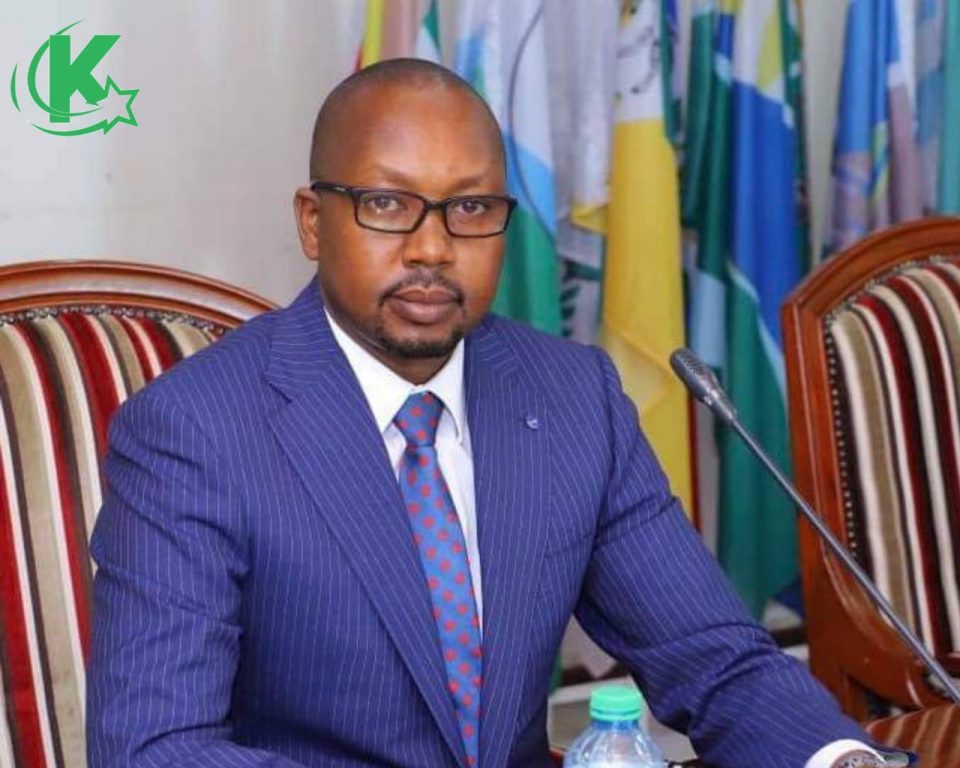EVICTIONS: A group of Kenyan Maasai leaders has threatened to take legal action against the Tanzanian government in international courts
The evolving Maasai dispute against Tanzania has been complicated by the withdrawal of jurisdiction granted to the African Court by the country’s government
The evictions of Maasai pastoralists from the Ngorongoro Conservation Area in Tanzania is a political problem that would best be solved politically and diplomatically rather than through legal means, a Maasai lawyer has claimed.
Kajiado County Attorney Augustine Sekeyian says the best solution would be for Maasai leaders in Tanzania to raise the matter with authorities, including with Tanzanian President Samia Suluhu.
There has been an influx of Maasai refugees into Kenya in recent days following a spate of evictions from their ancestral lands in Ngorongoro. A group of Kenyan Maasai leaders led by Narok gubernatorial aspirant Moitalel ole Kenta has threatened to take legal action against the Tanzanian government in international courts.
The evictions, reports indicate, are being done to enable commercial game hunting by rich foreigners, principally from the United Arab Emirates.
But Sekeyian says the best court vested with the jurisdiction to hear such a matter would be the Arusha-based African Court for Human and People’s Rights (ACHPR), but which would be unable to entertain a case against the Tanzanian government for technical reasons.
The East African Court of Justice is also an option, says Sekeyian, but adds that, “The EACJ does not have exclusive jurisdiction on human rights.” The court mostly deals with trade disputes between member states and other regional actors. That leaves the African Court as the most suitable forum.
While the International Court of Justice (ICJ) has also been touted as an option, Sekeyian says that this only deals with complains or referrals from member states and issues advisory opinions.
Before going to the African Court, the community should first seek local avenues to pursue justice, he says. “It is good to know the genesis, because they have their Members of Parliament and land laws. It will be better for them to exhaust any local remedies.”
For a case to be brought before the African court against any government, moreover, the country needs to have ratified the treaty as well as signed the Declaration allowing individuals and non-governmental organisations to file suits against it before the court. In 2019, Tanzania became the second country in the East African Community, after Rwanda, to withdraw its Declaration and hence the right of individuals and NGOs to file any suits against it.
Tanzania had signed the Declaration and deposited it with the African Court in March 2010. On June 14, 2013, the Court ruled against the government in a case brought against it by the Tanganyika Law Society, the Legal and Human Rights Centre and Rev Christopher Mtikila.
In that case, the Court unanimously found the constitutional and legislative bans on independent candidacy in elections to constitute violations of the freedom of association and the right to participate in public and governmental affairs, and a violation of the non-discrimination provisions of the African Union Charter. The Court also found that a provision of the Tanzanian constitution contravened the African Charter. It ordered the state to take measures within a reasonable time to remedy the violations found.
Kenya also suffered the wrath of the continental court when it ruled against it in 2010 for violating the rights of the Endorois Community by evicting them from the Lake Bogoria area to create a national park, without compensation and denying them access to their religious shrines in the area. The case had been filed in 2003 by the Minority Rights Group in partnership with the Centre for Minority Rights Development, acting on behalf of the Endorois Welfare Council.
The evolving Maasai dispute against Tanzania having been complicated by the withdrawal of jurisdiction granted to the African Court by the country’s government, Sekeyian says the best remaining remedy would be for an NGO to file the case at the African Commission on Human and People’s Rights based in Banjul, The Gambia. “The NGO must have observer status, not just any NGO.”
The Commission, he says, has jurisdiction and does not require authority from a state party to hear a dispute since it can act on its own motion. It reports to the African Union, which can bring pressure to bear upon a member state through resolutions of the Assembly of Heads of State.
If there are gross human rights violations, the NGOs involved can also write to the International Criminal Court at The Hague, said Sekeyian.
Still, a political solution, will be an ideal avenue, on reason that the issue is non-territorial. “International law is soft law. That means enforcement becomes a problem. It might also bring a lot of diplomatic issues,” said Sekeyian. A political solution can be pursued through the Maasai caucus of MPs, who can approach the both Head of States through the Ministry of Foreign Affairs.
